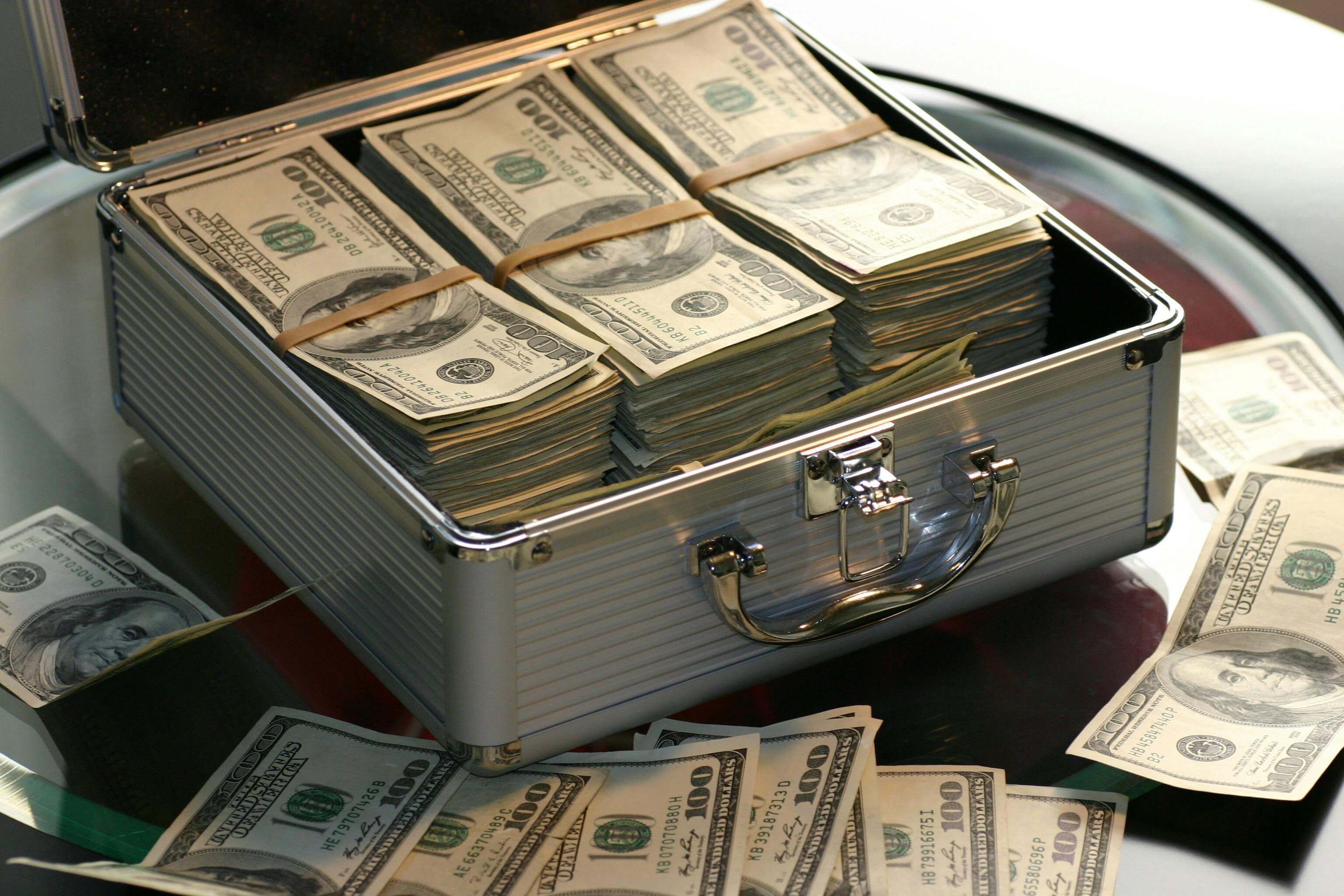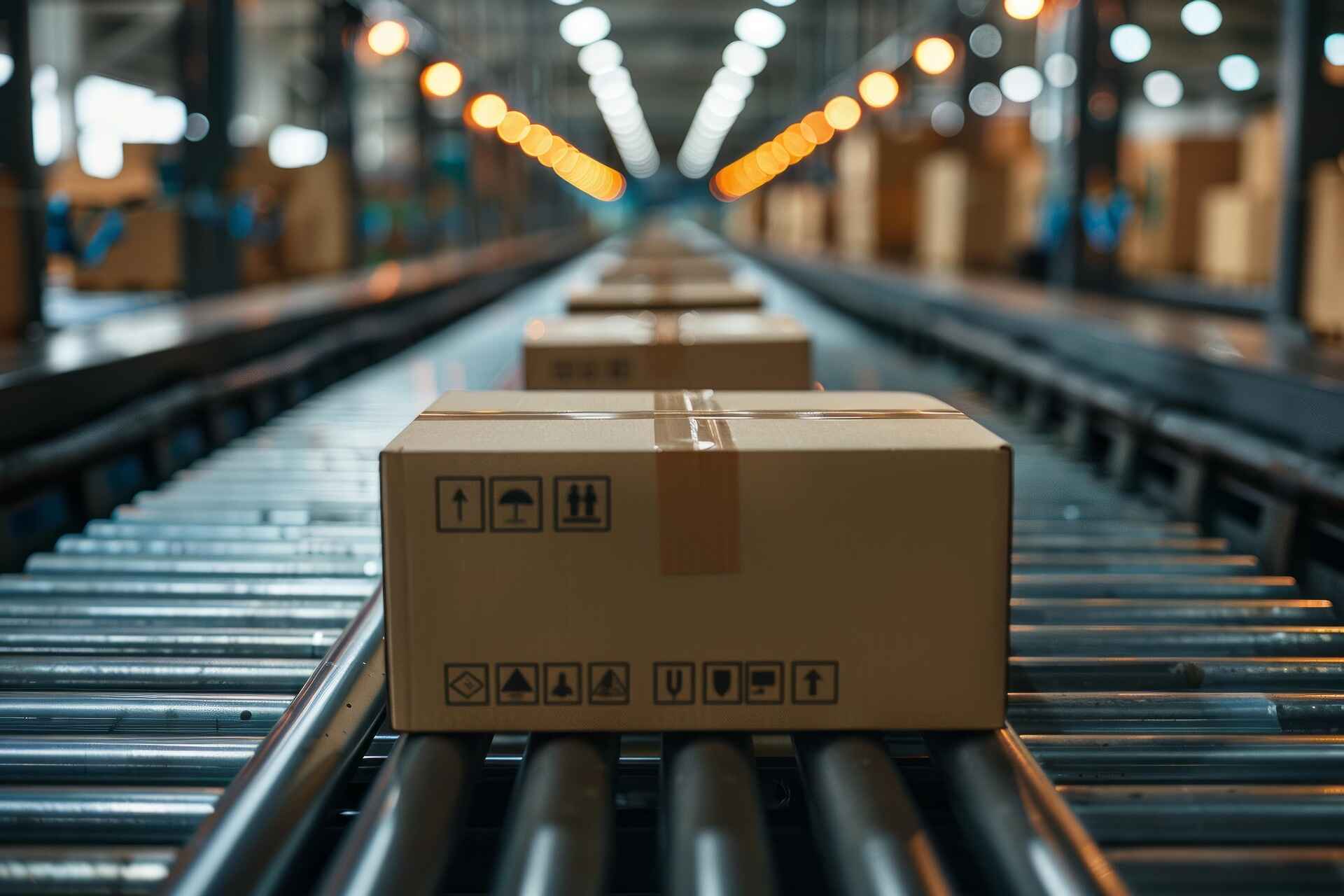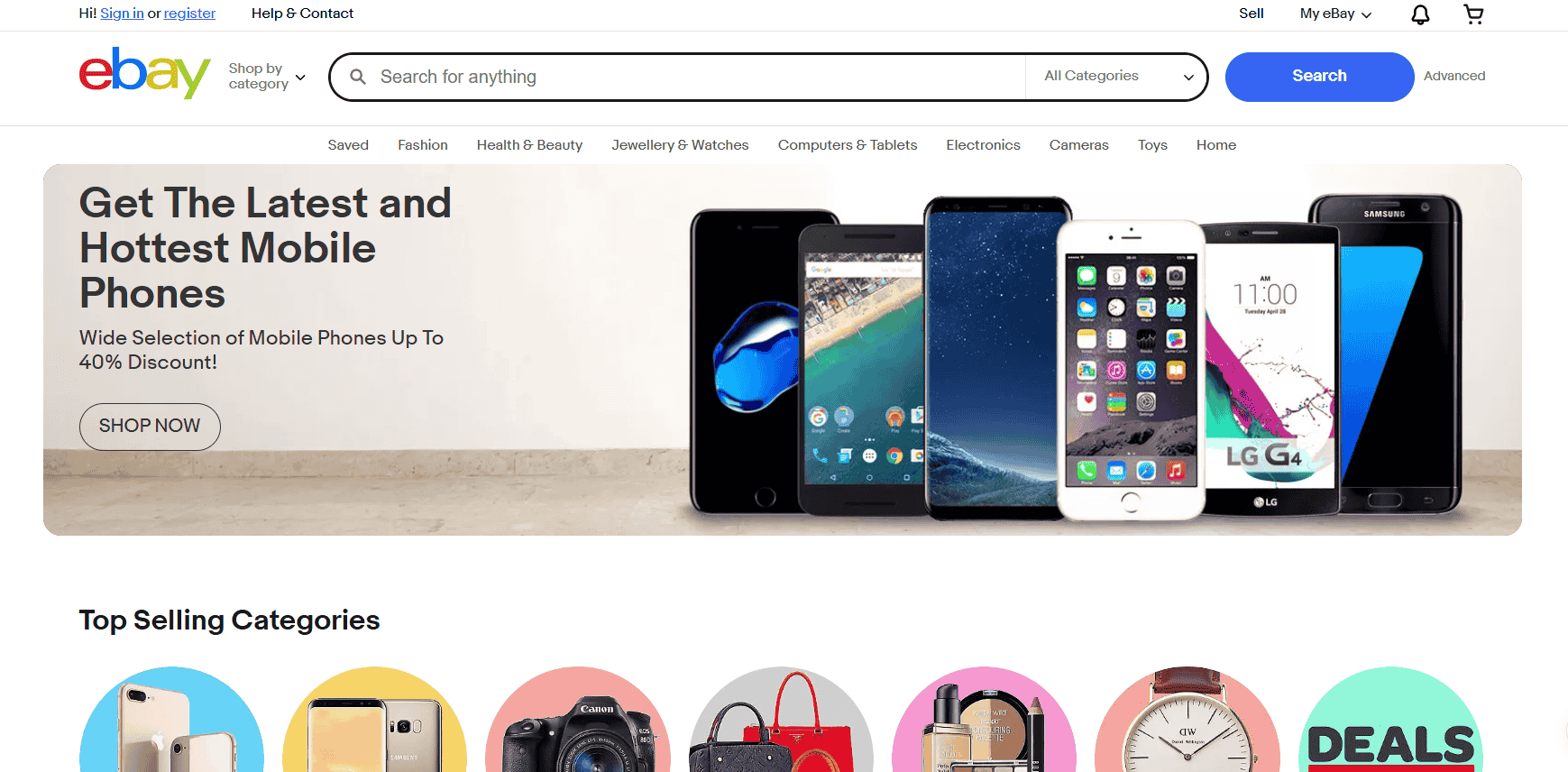You’ve probably met someone who didn’t seem like the “business type,” yet they’re out there running a thriving company, posting vacation photos from their beach house, or casually talking about rental income. I’ve met plenty of those folks, too, people who barely scraped by in school or didn’t overthink their business ideas but ended up earning seven figures. Meanwhile, plenty of smart, capable people stay stuck in jobs they dislike, wondering what those “less qualified” ones are doing differently.
Becoming a millionaire has less to do with raw intelligence and more to do with consistent action, timing, and mindset. I’ve run both physical stores and online businesses long enough to see that success often favors the bold, not necessarily the smartest. While smart people analyze risks until they talk themselves out of acting, others jump in, fail, learn, and try again until something sticks. That’s how real-world success stories are made.
-
Success depends more on action and mindset than intelligence.
-
Most millionaires are self-made through business ownership.
-
Consistent reinvestment and smart risks build long-term wealth.
-
You can start small, learn fast, and grow into financial freedom.
-
The key is persistence, not perfection — progress creates millionaires.
I started my first business with nothing but grit and a small amount of savings. It wasn’t glamorous. I sold products, handled inventory, and learned what worked by trial and error. Later, I built an online store and expanded into e-commerce. The formula didn’t change. It was still about taking smart risks, learning fast, and moving forward even when things didn’t go as planned. That’s how you build wealth from scratch and find your version of financial freedom.
People who reach millionaire status treat business like a long game. They start before they’re ready, take risks others avoid, and stay persistent even when progress feels slow. You don’t need to invent the next big thing. You just need to start, and keep going when everyone else quits halfway.
Why I’m Qualified to Break Down How “Average” Folks Make Millions
I didn’t grow up with investors, mentors, or insider connections. My first business started in a rented space with secondhand equipment and a lot of long nights. I’ve managed both a brick-and-mortar shop and an e-commerce business, and I’ve made nearly every mistake you can imagine. Those lessons built the foundation that helped me understand how real people — not financial wizards — build wealth from the ground up.
Over the years, I’ve watched ordinary people become self-made entrepreneurs. Some started construction companies, others launched small online stores, and a few turned simple ideas into thriving local brands. What they all shared wasn’t genius-level intelligence. It was follow-through. They kept going when others hesitated. They worked on their business mindset daily, learned from failure, and stayed consistent. That’s the kind of experience I bring when I talk about how to become a millionaire.
I’ve seen successful entrepreneurs come from unexpected places. A classmate who once struggled in school now owns multiple rental properties. Another friend, who quit his day job to start an online store, built an e-commerce brand that earns six figures every year. None of them waited to feel ready. They acted, learned, and grew along the way.
The lessons I share come from real-world experience, not from theory or borrowed advice. I’ve built, scaled, and sometimes rebuilt businesses from scratch. Every win and every setback has shown me one simple truth: success follows those who keep moving, even when they’re scared or uncertain.
What Creates 90% of Millionaires? The Core Trigger People Often Miss
The single biggest creator of millionaires isn’t luck. It’s ownership. Most millionaires didn’t get rich by working longer hours; they built something that could grow without them clocking in every day. Real estate, stocks, and business ownership create most millionaires because these assets build value over time while generating income. You don’t need a perfect plan to start; you just need to own something that can appreciate or produce steady cash flow.
In my own journey, buying small commercial property for my store changed everything. It started as a way to stop paying rent, but over the years, the property value grew while my business profits covered the mortgage. That experience taught me how ownership turns regular income into wealth. It’s not about being a financial expert; it’s about taking calculated risks that set you up for long-term gain.
Many people delay ownership because they fear failure or overanalyze the risks. They want the timing to be perfect or the idea to feel guaranteed. The truth is, perfect timing doesn’t exist. Those who create wealth act when others hesitate. They buy that first property, start an e-commerce store, or launch a side business while others are still talking about it.
If you want financial independence, start thinking like an owner. Build something that outlives your labor, an asset that keeps earning even when you’re not working. That’s the quiet secret behind why “average” people become millionaires faster than many of the smartest people you know.
Are 70% of Millionaires Self-Made? Sorting Fact from Fiction on Wealth Origins
Yes, around 70% of millionaires are self-made. That means most didn’t inherit their money; they built it from scratch. Studies from Fidelity and Ramsey Solutions show that the majority of millionaires earned their wealth through steady saving, investing, and business ownership. They started with ordinary jobs and built their way up through discipline, consistency, and smart decisions.
I’ve seen this firsthand. One of my business friends began as a warehouse worker. He saved enough to start a small construction company, kept his costs low, and learned every part of his trade. Within ten years, that company employed over 30 people. Another friend began reselling products online, one order at a time. Today, his online store brings in six figures annually. They didn’t wait for a miracle — they made daily choices that created momentum.

The “self-made” part doesn’t mean doing it alone. Most successful entrepreneurs seek mentors, study proven strategies, and stay humble enough to keep learning. They understand that success is rarely a solo project. I’ve been there too — asking for advice, testing ideas, and building one piece at a time. What separates self-made millionaires from everyone else is not where they started, but how they think.
They focus on progress instead of perfection. They treat money like a tool, not a trophy. And they see failure as a teacher, not an enemy. That mindset, more than any single skill, is what turns ordinary people into millionaires.
What Is the Most Common Way of Becoming a Millionaire? (And How I Did It)
The most common path to becoming a millionaire is through business ownership. According to research from Fidelity and The Millionaire Next Door, most millionaires either own a business, invest in one, or hold assets tied to business growth. A paycheck alone rarely creates wealth because it limits how much you can earn. When you own something — a store, a service, or an online brand — your income potential grows with your effort and creativity.
I learned this lesson the hard way. When I was working for someone else, I thought earning more hours meant earning more money. It didn’t. The day I opened my first brick-and-mortar store, I realized that ownership puts you in charge of how far you can go. Later, I built an online store that ran even while I slept. That experience showed me the real difference between income and wealth: one stops when you stop working; the other grows when you’re strategic.
If you’re wondering where to start, look for simple business ideas that solve everyday problems. Some of the most successful entrepreneurs began by selling one product or offering one service that made life easier for others. Here are a few ways to begin your own wealth path:
- Start an e-commerce business: Sell products you believe in and build an online store that’s easy for customers to use.
- Start a service-based business: Use a skill you already have, like repairs, design, or consulting.
- Buy assets that generate income: Even small real estate or stock investments can compound over time.
I didn’t become a millionaire overnight. It took years of trial, small wins, and a lot of persistence. But once I learned how to make money work for me instead of chasing it, everything changed. That’s the power of ownership and the discipline of reinvesting your profits into scalable systems.
Is It True That 1 in 140 People Are Millionaires? Understanding Your Odds
Recent data from the UBS Global Wealth Report 2024 shows that the United States has the highest number of millionaires in the world — over 22 million adults with a net worth of at least one million U.S. dollars. That equals roughly 8 percent of American adults, or about 1 in 12, not 1 in 140. The “millionaire” label includes the total value of cash, investments, real estate, and business assets minus debt.
While the figure might sound surprising, it proves how accessible wealth creation has become. Many of these self-made millionaires started small businesses, invested consistently, or built equity through property ownership. According to UBS and Credit Suisse, global wealth per adult has continued to rise despite short-term economic slowdowns.
The habits behind these numbers matter more than the statistics. Millionaires tend to spend less than they earn, invest regularly, and think long-term. They don’t depend on luck or inheritance; they build momentum through patience and discipline. Every dollar saved or reinvested compounds into real financial independence.
Wealth doesn’t appear overnight. It grows quietly through action. Once you begin building assets instead of relying only on active income, you’re already moving toward the same habits that helped roughly one in every dozen American adults reach millionaire status.
What Jobs Make You a Millionaire? Career Paths With Real-World Potential
Certain jobs make it easier to reach millionaire status because they offer high earning potential, flexibility, or ownership opportunities. Roles in tech, healthcare, and engineering are among the most common. Many people in these fields save aggressively, invest early, and eventually start their own businesses. For example, software developers often create digital products or apps. Doctors and dentists sometimes open private practices. Engineers build consulting firms or launch innovative startups.
But I’ve met millionaires from every background, not just those in high-paying industries. I know electricians who own construction companies, truck drivers who expanded into logistics, and teachers who built e-commerce stores on the side. What they all share is a mindset focused on ownership, not employment. They treat their jobs as platforms to learn skills, save capital, and eventually build something of their own.

When I was still working full-time, I treated my job as training for entrepreneurship. I learned how to manage people, handle budgets, and build customer relationships. Those lessons became the foundation for my first business. A job can be your stepping stone to becoming your own boss if you use it to gain experience, not just a paycheck.
If your goal is financial freedom, use your career as a launchpad. Learn how your industry works, identify gaps you can fill, and start small with a side hustle or online store. Millionaires don’t just look for jobs that pay well; they look for ways to turn their skills into income streams that can grow independently of their time.
How Smart(er) Doesn’t Always Win: Why “Dumber Than You” Are Pulling Ahead
Being the smartest person in the room doesn’t guarantee wealth. I’ve met plenty of brilliant people who never take action because they overthink every decision. They plan, analyze, and wait for perfect timing — which never comes. Meanwhile, others with less knowledge but more courage start businesses, make mistakes, learn, and eventually win. They’re not lucky; they’re just willing to move while everyone else hesitates.
This pattern reminds me of a concept called the Dunning-Kruger effect in business: people with less experience often overestimate their ability, so they jump in confidently. Those who know more tend to doubt themselves and stall. The funny thing is, the “overconfident beginners” sometimes make faster progress because they learn through action instead of waiting for certainty. I’ve seen this happen repeatedly among small business owners and e-commerce entrepreneurs.
When I launched my first online store, I didn’t have fancy business training. I just started listing products, writing descriptions, and learning from mistakes. It wasn’t pretty, but it worked. Every failed campaign taught me something my college degree never could. Over time, I realized that success favors speed and adaptability more than intelligence. The ability to take smart risks in business matters more than knowing every answer upfront.
The lesson? Don’t wait until you feel “ready.” Start before you’re ready, stay flexible, and learn as you go. You’ll outpace many who are still sitting on the sidelines, waiting for the perfect idea. Being too smart can actually hold you back if it keeps you from taking action. Bold beats brilliant every time.
My Online & Brick-and-Mortar Strategy for Building a Million-Dollar Pipeline
I built my first store the old-fashioned way — with cash flow, grit, and handwritten receipts. It was a small local shop, but it taught me how money really moves: slow, steady, and consistent. Later, I took that same mindset online. That’s when I learned how powerful it is to blend both worlds. My physical store built community trust, while my online store expanded my reach far beyond my zip code. Together, they created a stable, scalable system that kept generating revenue year after year.
Here’s the breakdown of what worked for me:
- Keep your physical and online stores connected. Your website should feel like an extension of your storefront, not a separate brand. Customers should recognize your voice and style across both.
- Build repeatable systems. From inventory management to customer follow-ups, document every process so your business can run smoothly even when you’re not there.
- Diversify income streams. I reinvested profits from the store into online sales, then used those earnings to expand into new products and locations.
At one point, I was working 14-hour days, running between suppliers, handling customer service, and managing staff. It wasn’t sustainable. Once I automated parts of my business — email responses, order tracking, payment systems — my workload dropped while profits increased. That’s when I understood the real definition of financial freedom: when your business works even when you don’t.
If you’re running a brick-and-mortar shop today, get online as soon as possible. If you’re running an online business, explore physical opportunities like pop-ups or local partnerships. The mix of both creates balance and security. When one channel slows down, the other picks up. That’s how you build a business pipeline that never runs dry.
Common Mistakes I’ve Seen — And Why They Keep “Average” Folks From Becoming Millionaires
I’ve watched a lot of entrepreneurs with solid ideas fail, not because their ideas were bad, but because they made the same predictable mistakes. The first big one? Confusing revenue with profit. Making more sales doesn’t always mean making more money. I’ve met people bragging about their six-figure months while their bills were just as high. They were busy, not profitable. The difference between those who build wealth and those who burn out lies in how well they manage margins, not just growth.
The second mistake is scaling too early. Everyone wants to grow fast, but growth without systems is chaos. I learned that the hard way when I opened a second location before I had trained my team properly. Sales went up for a while, but customer satisfaction dropped. It cost me both money and reputation. I slowed down, built stronger systems, and grew again — this time with stability.
Another mistake I see often is perfectionism. Smart people want everything flawless before they launch. But business doesn’t wait for perfect conditions. Many “average” folks become millionaires simply because they start while others keep polishing their plans. They test, adjust, and keep moving. Progress beats perfection every time.

The last mistake is ignoring cash flow. It’s easy to focus on big wins, but real businesses are built on consistent income and solid planning. I’ve always said: your business doesn’t die from lack of ideas. It dies from a lack of cash. Keep your expenses lean, reinvest wisely, and protect your cash flow like it’s oxygen. That discipline keeps you in the game long enough to win.
Your Step-by-Step Millionaire Roadmap (Based on My Experience)
Every millionaire I know followed a pattern, whether they realized it or not. I did too. The first step is ownership. You have to own something that can grow in value. That could be a small business, an e-commerce store, or even a service that solves a common problem. When you own an asset, your effort compounds over time instead of disappearing with each paycheck.
Once you have something to build on, focus on systems. Systems save you from burnout. I started by automating basic tasks — online orders, follow-ups, and bookkeeping. It freed up hours I could spend finding new products and customers. Without systems, you’ll always be working in your business instead of on it. That’s how people stay stuck.
The third step is reinvestment. Don’t treat early profits as spending money. Reinvest them into growth. I used my first big earnings to upgrade my website and open a second location. That move doubled my reach and built a foundation for long-term stability. Reinvestment accelerates your timeline from “just getting by” to scaling consistently.
The last step is diversification. Once your main business runs smoothly, build new streams. I added rental income and online courses to my portfolio. Each one took effort at first, but they now run with minimal management. The point is to stack income sources until your financial independence doesn’t rely on a single paycheck. Wealth doesn’t come from one bold move. It comes from a series of disciplined, smart decisions that build on each other.
FAQ: Frequently Asked Questions About Millionaire-Making
How many millionaires are there in the U.S. right now?
According to recent data from Credit Suisse and Statista, there are more than 22 million millionaires in the United States — about 8% of adults. That number keeps growing because more people are building small businesses, investing early, and managing their finances wisely. The internet has made it easier than ever to start a business from home, sell products online, and create income streams that didn’t exist twenty years ago.
What percentage of millionaires inherited their wealth?
Very few. Studies by Ramsey Solutions show that only about 21% inherited any money, and most of that inheritance came after they were already financially stable. The other 79% are self-made. They worked ordinary jobs, started small businesses, and made smart financial decisions over time. They prove that wealth is built through action, not luck.
Is real estate the key to becoming a millionaire?
Real estate is one of the most reliable paths to wealth, but it’s not the only one. Owning property gives you leverage because it grows in value while generating passive income. Still, I’ve seen plenty of entrepreneurs who reached millionaire status through e-commerce, digital products, and service-based businesses. What matters most is choosing a model that fits your skills and sticking with it long enough for compounding to work.
Can someone with a regular job become a millionaire?
Absolutely. Many self-made millionaires started as employees. The difference is how they handle their income. They live below their means, invest consistently, and often turn their skills into side businesses. I know one guy who started a small online store while still working full-time. He reinvested every dollar for three years and now runs that store full-time with annual six-figure sales.
How long does it take to become a millionaire from scratch?
That depends on how you play the game. For most people, it takes 7 to 10 years of disciplined saving, smart investing, and business growth. The ones who get there faster usually start earlier, reinvest profits, and stay consistent when others give up. I didn’t hit my first million quickly, but I hit it because I never stopped pushing forward. It’s not about speed. It’s about staying in the game until your numbers add up.
Start Small, Scale Smart, Become Your Own Benchmark
Millionaires aren’t born with a secret playbook. They write it as they go. I’ve built my businesses from scratch, made my share of mistakes, and learned that success isn’t reserved for the smartest person in the room. It’s reserved for the one who moves first and stays in motion. You don’t need the perfect idea. You need persistence, direction, and the courage to fail forward. Every successful entrepreneur you admire started small and kept building.
Start with what you know. Maybe that’s selling products online, offering a service, or starting a side hustle after your day job. Keep it simple at first. Once you see traction, scale your effort, refine your systems, and reinvest your profits. Don’t chase trends or quick wins. Focus on building something that lasts, a business or an asset that can keep growing while you sleep.

Most people stay stuck because they compare themselves to others. I stopped doing that years ago. The only real benchmark worth chasing is your own growth. Measure progress by how much you’ve improved from last year, not by someone else’s success story. When you build with patience and clarity, you’ll look back one day and realize you’ve joined the group you used to envy.
You don’t need permission to start. You don’t need to be the smartest person to win. You just need to take action before doubt talks you out of it. Becoming a millionaire isn’t about luck. It’s about momentum. Keep moving, and eventually, you’ll build the kind of life that once felt out of reach.








Wow wonderful blog layout How long have you been blogging for you make blogging look easy The overall look of your site is great as well as the content
Your writing is a true testament to your expertise and dedication to your craft. I’m continually impressed by the depth of your knowledge and the clarity of your explanations. Keep up the phenomenal work!
I am truly thankful to the owner of this web site who has shared this fantastic piece of writing at at this place.